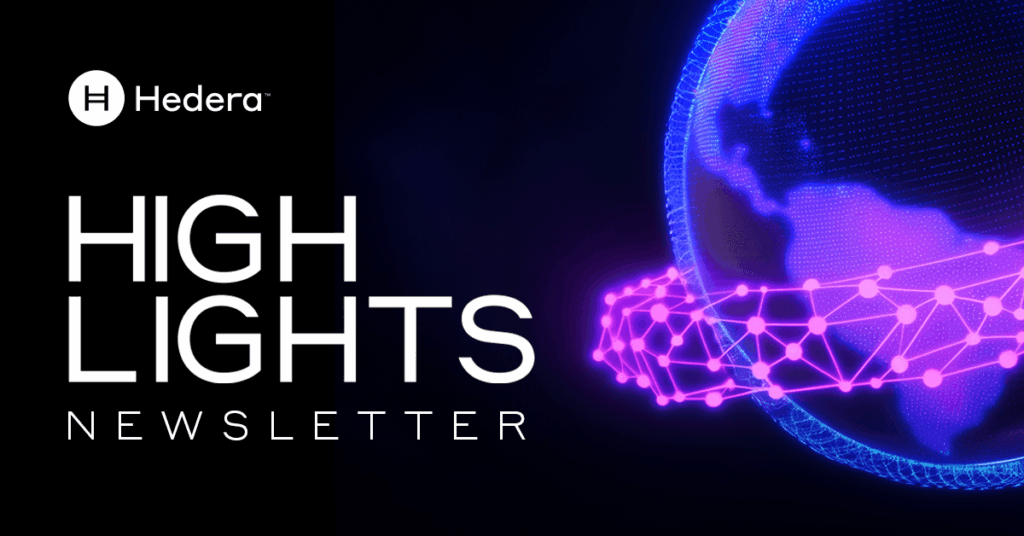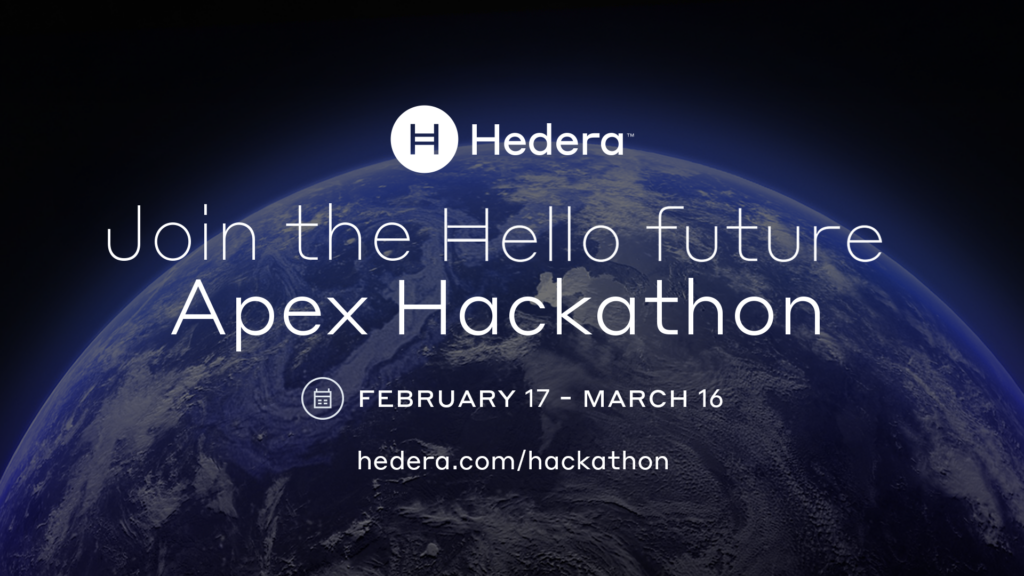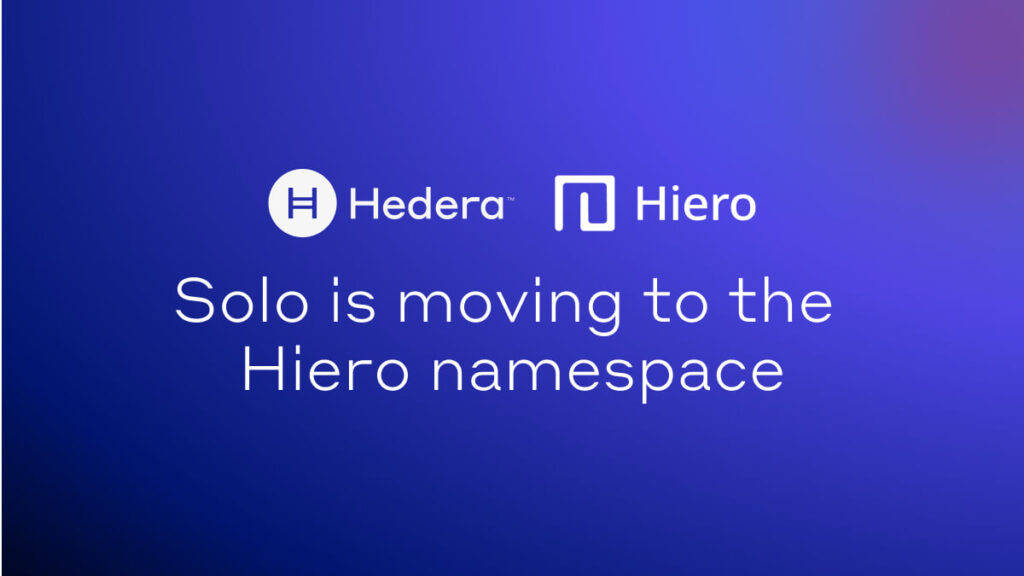One of the key attributes of the hashgraph algorithm, which we have highlighted over the years, is the concept of fairness, and in particular, fairness of ordering. This is one of the unique attributes that we talked about at our launch event in March, 2018. We believe it should be difficult for a small group of attackers to unfairly influence the order of transactions that is chosen as the consensus, and that no ‘leader’ or other party should be able to control transaction order.
In our ongoing conversations with startups and enterprises, it has become clear that this is not just a theoretically good idea, but one that organizations want to leverage directly as part of the applications and microservices they are choosing to build on top of Hedera Hashgraph. As such, we will also soon provide organizations with an API to access the Hedera Consensus Service, which makes it easy and cost effective to perform trusted, decentralized ordering within any application by using Hedera.
“There are a number of challenges in using traditional ordering services for decentralized applications. By exposing this capability, Hedera is making a meaningful contribution to furthering the capabilities of distributed networks,” said Bryan Gross, Principal Product Manager, IBM Blockchain Platform. “We’re excited to be working with Hedera to make it easier and more accessible for users to leverage this capability with IBM Blockchain Platform and Hyperledger Fabric.”
A Little History – Other Ordering Options
There are many centralized options to log events, Apache Kafka becoming the growing standard. A simple database designed to manage streams of events with timestamps, Kafka and others must be centrally owned and managed, and therefore face the same security and other challenges of centralized systems. Even Kafka has difficulty guaranteeing order as it scales to multiple partitions.
Logging data records on a decentralized, public ledger has, to date, been slow and expensive with an inability to guarantee the order of transactions. Natively, a blockchain-based system, like Ethereum and Bitcoin, suggest their network timestamp as being accurate within 2 hours. To compensate for this, projects, like OpenTimestamp, have been built to supplement blockchain to reduce the window to seconds. However, what they are not able to solve is miners manipulating the order of transactions.
Hedera solves these limitations. Hedera, built on the hashgraph consensus algorithm, is the only public ledger that has high-throughput, performance, and fairness of ordering guarantees. In Hedera, transactions are processed in the order in which they arrive. There is no notion of gas to manipulate the priority of transactions. This provides all transactions with the benefit of guaranteed, fair ordering with finality in seconds.
Hedera Consensus Service
Hedera Consensus Service is a scalable, cost-effective way to record events to a public ledger with guaranteed order. It will provide applications with decentralized consensus on the validity and order of events without requiring a persistent history of transactions. And its performance is expected to be on par with the Hedera Cryptocurrency service, which we anticipate throughput of 100,000 transactions per second at version 1.0 of the Hedera network.
Similar to the other Hedera network services, the Hedera Consensus Service will be exposed via the Hedera API as a fourth set of transactions and queries, so that any application built to run on the Hedera network can communicate with the service through a commonly defined protocol.
As is common in message queues, you will be able to organize messages within a given a topic, which will allow messages with the same topic to be classified together and more easily accessed. The message would include the relevant details of a transaction, such as a bid on a financial asset, or even just the hash of data stored elsewhere. The Hedera public ledger will return a record that says consensus has been reached, the timestamp it was reached with, and the number of the event for a given topic. This last field (the topic number) will allow the application to interpret the order of the message relative to the other messages within the same topic. The result will also include a running hash of all the messages with the same topic, as a cost-effective way to retain complete traceability through the topic.
This service extends well beyond the use cases highlighted above. Hedera Consensus Service is most importantly exposing the hashgraph consensus algorithm more directly for you to creatively take advantage of the speed, security, and fair ordering of hashgraph to build entirely new services and applications. We can’t wait to see what the community will build using this.
Further Information
Dr. Leemon Baird, alongside Bryan Gross from IBM, will discuss the new service in more detail during a webinar today, June 20th, at 10am PT/1pm ET.
To register, visit: https://hedera.zoom.us/webinar/register/4715573586804/WN_xUlH6FS7TwKqrPL_-g9-Gg
A replay will also be made available at:
https://www.youtube.com/c/HederaHashgraph
To read the full white paper, visit:
https://www.hedera.com/hh-consensus-service-whitepaper.pdf





